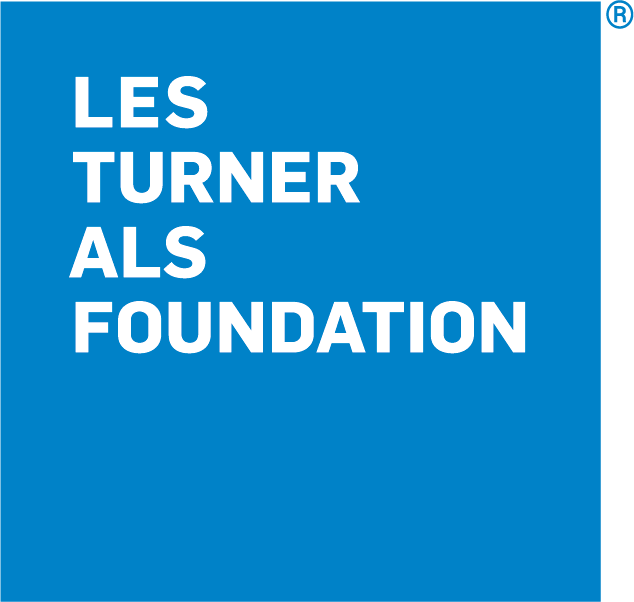Support Services
COVID-19 & ALS: Frequently Asked Questions
Updated 5/11/21
Home Health Care, Medical Appointments and Urgent Care
Please continue to visit our Coronavirus (COVID-19) Information & Updates page for the most up-to-date information from the Foundation.
I HAVE (CLINIC, PHYSICAL AND OCCUPATIONAL THERAPY, INFUSION) APPOINTMENTS AT THE HOSPITAL/INFUSION CENTER. SHOULD WE CANCEL OR KEEP GOING?
Currently, our Lois Insolia ALS Clinic is accepting both in-person visits and Telehealth visits but encourages Telehealth visits if there is not a current need to meet in person. To make an appointment at the Lois Insolia ALS Clinic, please call 312 695 7950.
Options for virtual care include a phone consult, video visit, or MyChart encounter. If you have a scheduled visit within the coming weeks, our clinic team will be reaching out to explore the appropriate option for your care. You can also send a message to your physician using MyChart to ask any non-urgent questions.
Talk to your ALS clinic team and discuss an alternative plan, such as PT or OT therapy you can do from home. If you have concerns about traveling or going to an infusion site, consult with our ALS clinic team about the safest option for you.
Get the latest information from Northwestern’s COVID-19 Resource Center on how COVID-19 may affect you, including vaccination, testing, symptoms, treatment, safety and current visitor policies.
WHAT IF I AM SCHEDULED FOR A FEEDING TUBE PLACEMENT OR AN EXCHANGE?
Feeding tube placements and exchanges are currently being scheduled accordingly. The ALS clinic team will provide further instruction.
I HAVE IN-HOME NURSING (CARE AND/OR INFUSIONS). SHOULD I ALLOW THEM TO ENTER THE HOME? WHAT PRECAUTIONS SHOULD WE TAKE?
HOME CARE: Ensure your home health nurse(s) takes all necessary precautions including hand washing and wearing personal protective equipment (PPE) including properly fitting surgical (paper) masks and gloves. In addition, nurses who are sick, or have had potential exposure to someone infected with COVID-19 should NOT work in your home. If you have any concerns, you may reach out to your home health care company to discuss a plan that is safest for you or your loved one.
HOME INFUSIONS: If a person living with ALS receives infusions at home, you may continue to do so, if possible. Take the same precautions as mentioned above, and if you have any concerns about receiving the infusion, please contact your ALS clinic team at our Lois Insolia ALS Clinic by calling 312 695 7950 or using MyChart: Message your Northwestern Physician to ask any non-urgent questions.
MY CAREGIVER CARES FOR OTHER PATIENTS AND/OR HAS OTHER JOBS. SHOULD I BE CONCERNED?
It is important to have open communication with your caregiver to better understand additional risks you may be exposed to and help limit major disruption to your life. If you are uncomfortable with the potential risks, please call the home health agency for additional guidance. Below are some tips to help mitigate risks:
- Caregiver washes hands immediately upon coming into the house and regularly throughout your shift.
- Caregiver to wipe down and clean surface areas, doorknobs, medical equipment and tubing and other bacteria/viral-ridden areas during your shift.
- Caregiver to monitor use of supplies and prevent waste as much as possible, while also protecting caregiver and family.
- Caregiver must immediately call if members of their household or other patients they care for have signs and symptoms of a respiratory infection. The caregiver should not report to work.
- Request that caregiver leave an extra set of clean clothes to change into while working.
WHERE CAN I FIND MORE INFORMATION ON CARE RECOMMENDATIONS FOR ALS RESPIRATORY CARE DURING THIS OUTBREAK?
If you do become ill, do not go to the emergency room or urgent care before speaking with your ALS clinic provider first. Depending on the situation, they may try to manage the illness remotely. If it is necessary to come to the hospital, they may provide unique instructions for entrance and triage to minimize risk of exposure to COVID-19.
Please visit our webpage for more information on best practices for respiratory issues in ALS.


